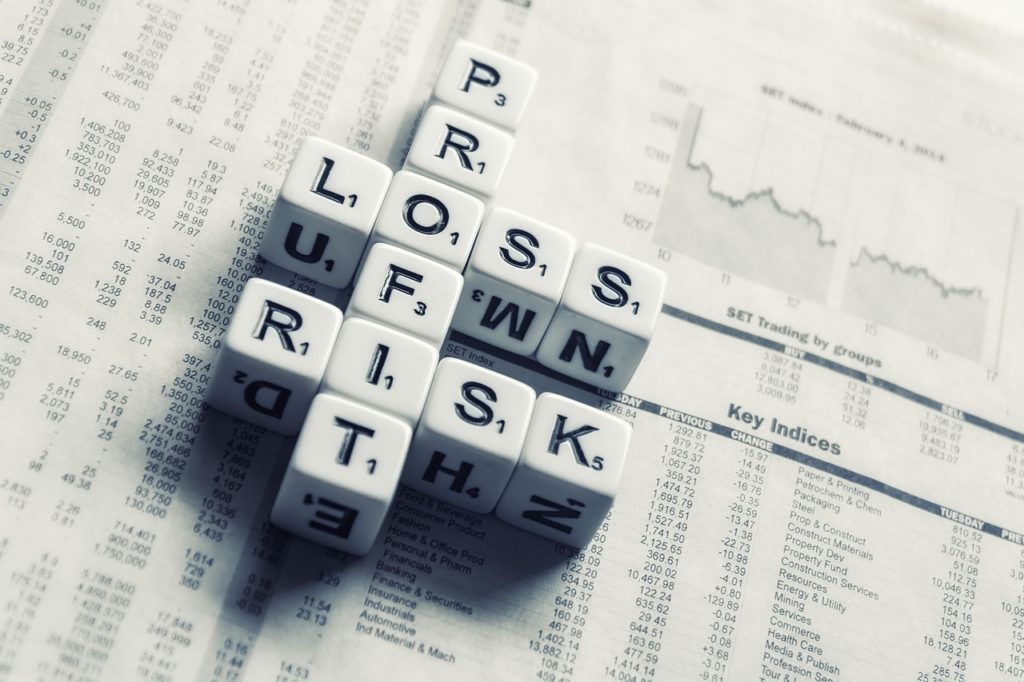Investing in the stock market can be a risky business. No one is likely to forget the 2008 financial crisis (now the Great Recession) anytime soon. There are two primary methods of investing, one known as active investing and one as passive investing. Active investing, as you might expect, requires a more hands-on approach and relies on beating the market and cashing in on short-term fluctuations, which can be done by buying and selling stocks frequently. Passive investors, by contrast, are looking at more long-term goals, ignoring small fluctuations in the market and relying on a stock’s continued increase in value over time. Passive investing relies on a “buy and hold” philosophy.
As you might imagine, active investing requires a great deal more knowledge about the stock market and investing in general. With all the movement of stocks and the constant buying and selling, active investors need to have the knowledge and equipment to trade quickly and successfully if they want to beat the market. Passive investing can be done by anyone, and it tends to be the norm for those people who want to invest, but don’t have the time or desire to study the stock market enough to attempt active investing. Those who study the stock market occasionally offer advice or predictions for how things might change.
One of those experts, Dr. Michael Burry (portrayed by Christian Bale in The Big Short) is making one such prediction now. Dr. Burry, famous for predicting the subprime mortgage crisis that led to the 2008 Great Recession, is comparing ETFs and index funds to the toxic CDOs that helped cause the crisis more than ten years ago.

What Are Index Funds and ETFs?
The reason Dr. Burry’s prediction is making waves is because passive investing is on the rise. With more and more people entering the stock market with a passive investing strategy, investing in index funds and ETFs is up, as these are popular vehicles among this type of investor. So what exactly are index funds and ETFs? Index funds are a type of mutual fund that has a portfolio designed to track a financial market index, for example, the S&P 500 or the Dow Jones Industrial Average (DJIA). These types of funds will provide investors with low operating costs, low turnover in one’s portfolio, and broad market exposure. Usually, index funds are seen as a core holding you should carry in your retirement account, such as your IRA or 401(k). By following the overall market, the fund is expected to mimic its performance as well.
An ETF (exchange-traded fund) is a collection of securities (like stocks) that track an index and trade on an exchange, exactly like a regular stock. Though similar to mutual funds, the price of ETFs fluctuates throughout the day as shares are bought and sold, again similar to traditional stocks. Mutual funds, on the other hand, trade only once each day after the close of the market. Because ETFs can contain multiple different types of assets, including stocks, bonds, or commodities, they are a popular choice for someone trying to diversify their portfolio. Like mutual funds, the fees are often lower on ETFs, and there are fewer broker commissions since fewer trades are being made.
So, Is There a Bubble?
Dr. Burry’s assessment of an index fund and ETF bubble in the market has some people nervous. But why does he see a bubble and what do the other experts have to say? Dr. Burry is comparing index funds and ETFs to the toxic CDOs stuffed with subprime mortgages that he made a fortune shorting more than ten years ago. He claims that the money going into ETFs and index funds is distorting the stock market, falsely inflating prices, and when the flow reverses, the crash will be ugly. The biggest concern is often liquidity: what happens if everyone invested in index funds and ETFs suddenly decides all at once to get out?
However, some believe the impact on the market if investors sell their index fund holdings will be muffled since these investors simply own stocks in proportion to what active investors hold. Other experts have also weighed in on this issue as far back as 1991 when hedge fund manager Seth Klarman called out investing in index funds as another Wall Street “fad.” So the concern for what index funds and ETFs might cause in the market is not exactly new.
Many experts see the concerns as overblown and unnecessary. Investment in index funds only takes up about 15% of ownership in public companies and around 5% of global assets. So, realistically, the stock market operates around far more than just index funds and ETFs. Concerns over a stock market bubble will always exist, and investing in the stock market carries a risk no matter what path you choose to take. It’s likely premature to panic about an index fund and ETF bubble, but only time will tell.

